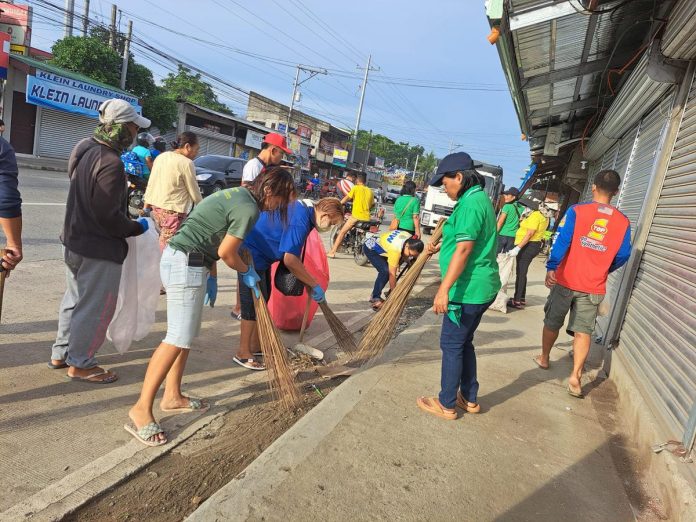
ILOILO – The conduct of the province-wide “Limpyo Dalanon” in 43 towns including Passi City in this province has been successful.
The cleanup drive aimed to create awareness that cleaning is an effective measure to prevent dengue and Japanese encephalitis.
According to Provincial Government Environment and Natural Resources Office (PGENRO) Senior Environmental Management Specialist Mitzi Peñaflorida, three teams were created to lead and supervise the cleanup drive.
Each team was composed of personnel from PGENRO and General Services Office, and students of West Visayas State University-College of Forestry in Lambunao town.
Team A traversed from Iloilo provincial capitol to 1st and part of 2nd districts municipalities; Team B traversed from capitol to 2nd District, 3rd District and part of 4th District municipalities; and Team C covered the capitol going to some of the municipalities in 2nd, 4th and 5th district municipalities.
The focus of the province-wide activity, in partnership with the Provincial Health Office and concerned local government units and barangay officials, is to clean up the national, provincial and barangay roads including waterways such as canals, creeks and rivers especially because mosquitoes are the carriers of dengue and Japanese encephalitis.
“The Limpyo Dalanon Force deployed traversed five districts in the province to maintain and monitor the safety, cleanliness and order in national, provincial and barangay roads including
barangay roads including waterways,” Peñaflorida said.
She also hopes that the cleanup will become a habit for the Ilonggos especially inside their homes and backyards.
Peñaflorida then thanked all the local government units, barangay officials, stakeholders, and partnered agencies including the residents who joined the Limpyo Dalanon.
Dengue is a mosquito-borne viral infection that causes a severe flu-like illness that can sometimes be fatal. Its carriers are day-biting mosquitoes (Aedes albopictus and Aedes aegypti) that live and breed in clean, stagnant water.
Meanwhile, Japanese encephalitis is caused by the Japanese encephalitis virus, which can be transmitted through bites from mosquitoes called Culex tritaeniorhynchus that live in rural/agricultural areas such as rice-growing and pig-farming regions./PN





